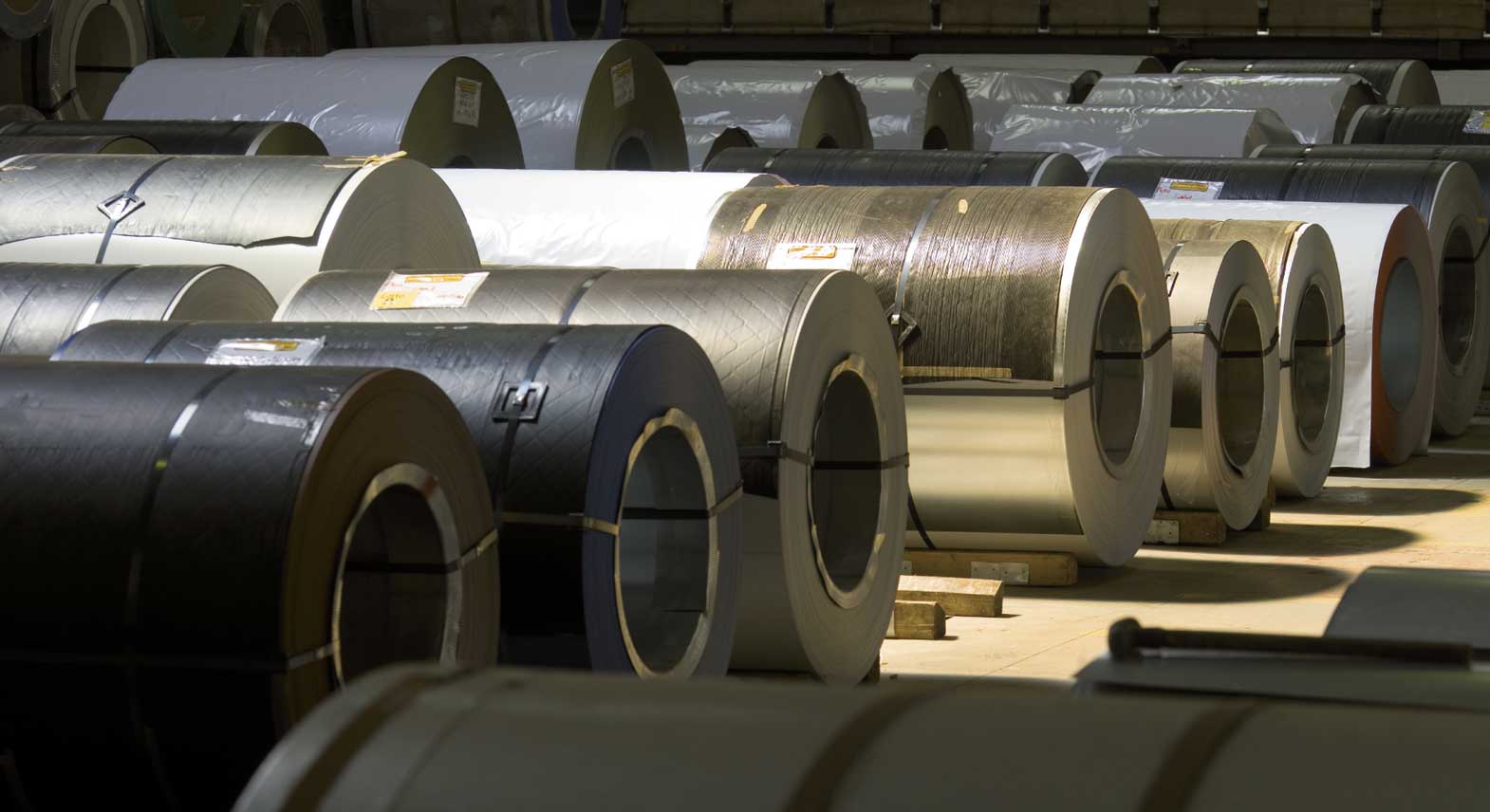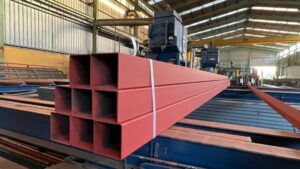The quotas imposed by the EU sharply reduced Turkish mills’ HRC export sales in the first nine months of the year, S&P Global Platts observed from the latest Turkish Statistical Institute (TUIK) data.
Turkish mills’ overall HRC exports declined to 1.9 million mt in January-September, 385,000 mt lower than exported in the same period the previous year, which raised the pressure on prices, especially in recent months amid globally slowed demand.
According to the TUIK data, Italy which was Turkey’s main HRC export market in January-September 2020 at 730,000 mt, imported 468,000 mt of Turkish HRC in the same period this year, while exports to Spain declined to 258,000 mt in that period, down from 300,000 mt.
Turkish mills’ HRC exports to Belgium alone remained above last year at 129,000 mt in the first nine months, while exports to other European countries remained notably low on year due to quotas.
Despite the decline seen in exports to the EU, Turkish mills managed to increase their HRC shipments to the US as prices there stood notably above other market prices.
Turkish mills’ nine-months HRC exports to the US totaled 291,500 mt, sharply up from 14,300 mt exported in January-September 2020.
However, taking into account that this country was one of Turkey’s top HRC markets, importing more than 500,000 mt per year before the Section 232 tariffs, it could still be considered a low figure for sales to the US.
The deal that the US and EU reached on Oct. 30 to replace the Section 232 metals tariffs with a tariff-rate quota on imports from the EU, could also harm Turkish steel exports to the US in the coming months, according to Turkish industry sources.
Turkish mills also raised their HRC exports to Canada in January-September by shipping 96,500 mt, versus zero in the same period the previous year.
— Cenk Can






